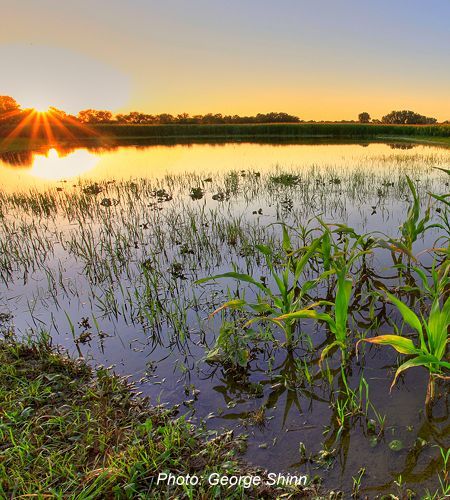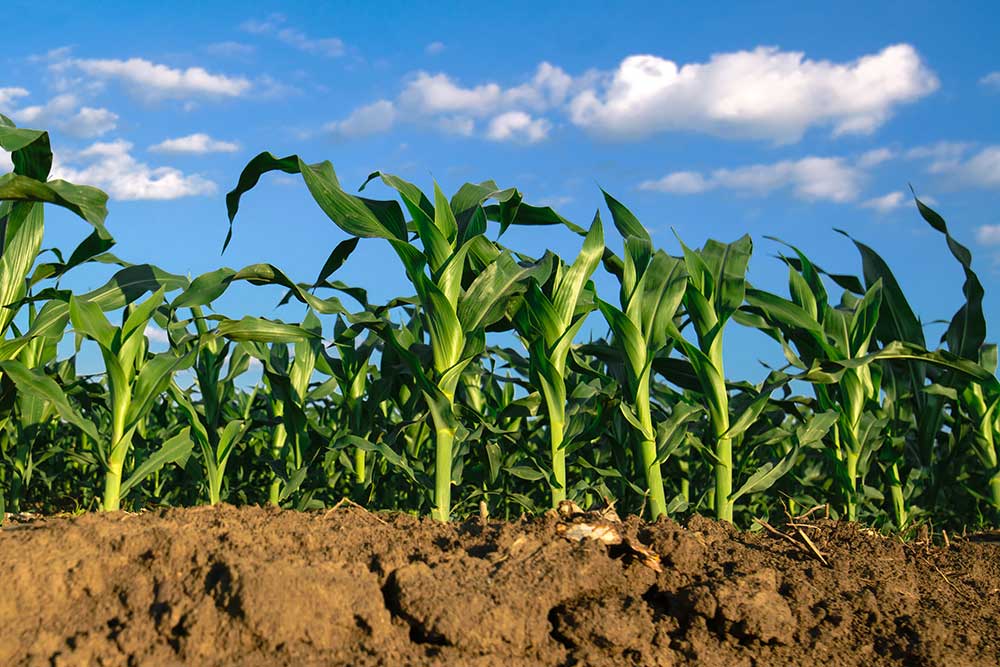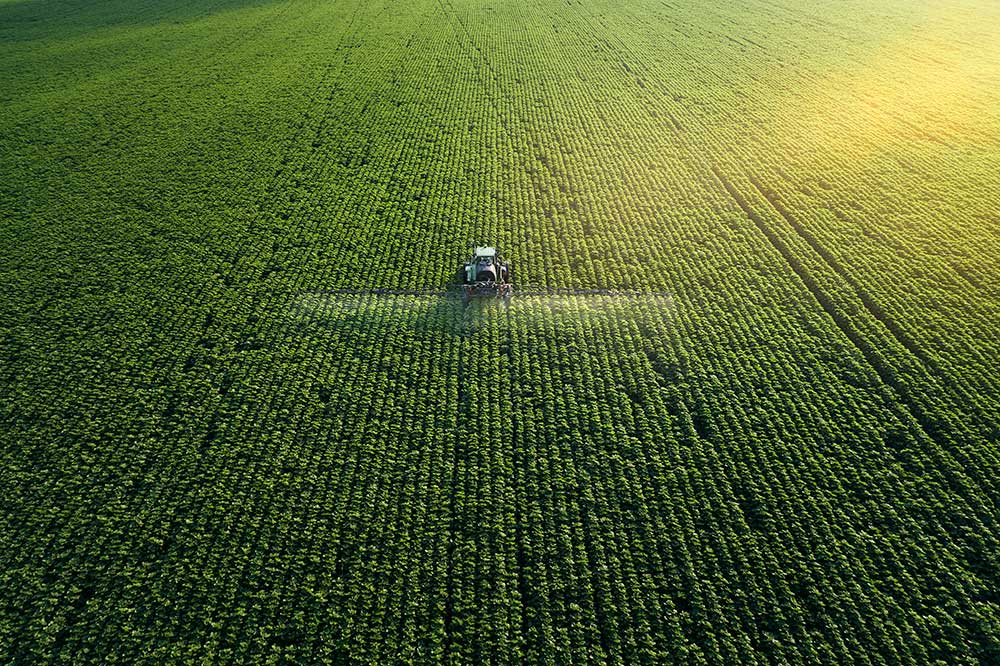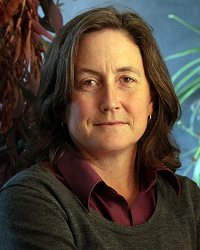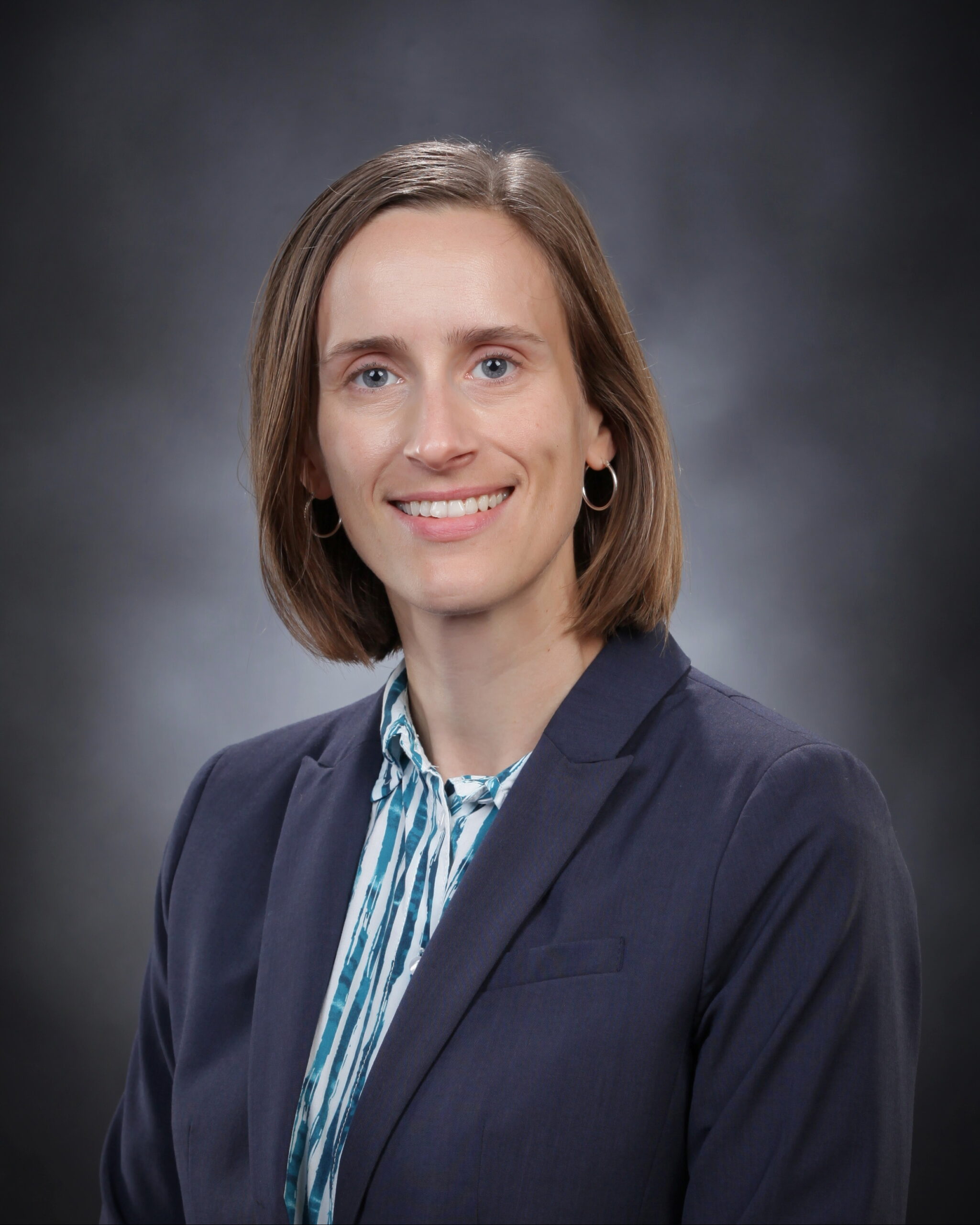Climate News
The 2030 Project Is Moving Research to Impact With Fast Grants
In this “decisive decade” for climate action, Cornell University has launched The 2030 Project: A Climate Initiative, a university-wide initiative housed within the Cornell Atkinson Center for Sustainability, to mobilize world-class faculty to develop and accelerate tangible solutions to the climate challenge. To enable Cornell faculty to seize urgent and unique opportunities, The 2030 Project and Cornell Atkinson offer Fast Grants to provide immediate support for impact-oriented climate research.
Read More